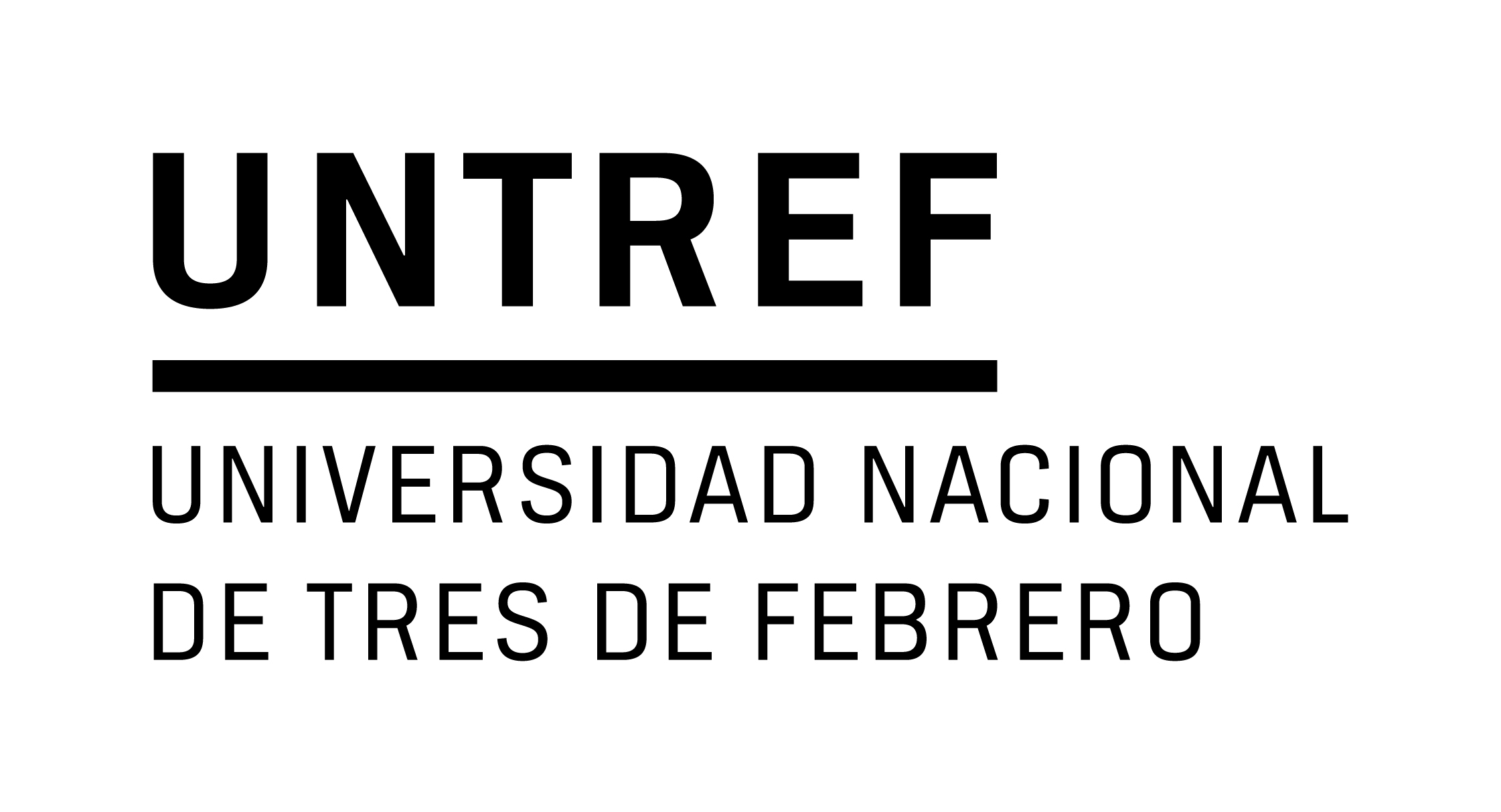Drawing out the Leviathan : Kenneth Waltz, Hobbes, and the neorealist theory of the State
Por: Polansky, David .
.
Tipo de material:  Artículo Tipo de portador: ImpresoTema(s): RELACIONES INTERNACIONALES
Artículo Tipo de portador: ImpresoTema(s): RELACIONES INTERNACIONALES| Tipo de ítem | Ubicación actual | Signatura | Info Vol | Estado | Notas | Fecha de vencimiento | Código de barras | Reserva de ítems |
|---|---|---|---|---|---|---|---|---|
| Publicación Periódica | Biblioteca UNTREF - Sede Posgrados | H327/ REV (Navegar estantería) | Vol. 18, no. 2 (jun. 2016) | Disponible | SE | 2.009359 |
Neo- or structural realism is famously said to lack a theory of the state. Resisting the urge to devise one, I would instead argue that structural realist theories - most notably the original theory of Kenneth Waltz - implicitly contain a theory of the state. What has eluded commentators is that this theory is prescriptive rather than descriptive. Insightful readers like Goddard and Nexon and Rathbun have unpacked Waltz’s (nondeterminative) prescriptions for state behavior in the international system. This article will unpack those prescriptions for state order. Two conclusions emerge from this analysis: (i) structural realism implicitly reads essential features of the modern state into what are otherwise proclaimed to be nonspecific like units in anarchy and (ii) the ideal-typical state prescribed by Waltz’s theory most resembles Hobbes’ Leviathan. Making these connections explicitly may indicate why certain historical systems are a better " fit " for Waltz’s analytical construct and also serves to properly situate structural realist theories within the larger framework of political (not international relations) liberalism.
